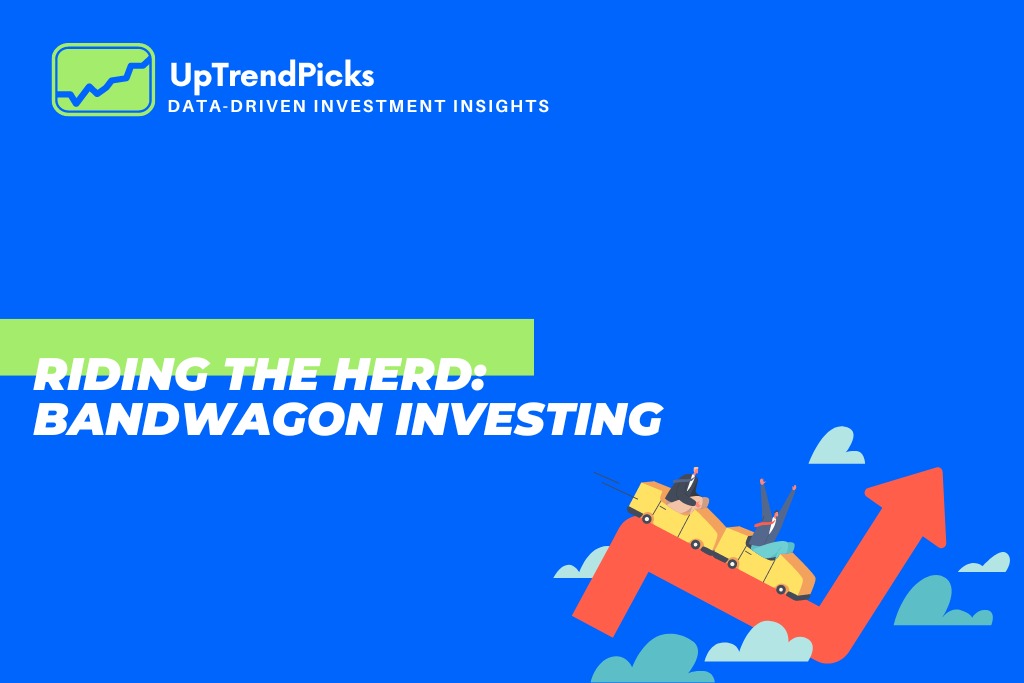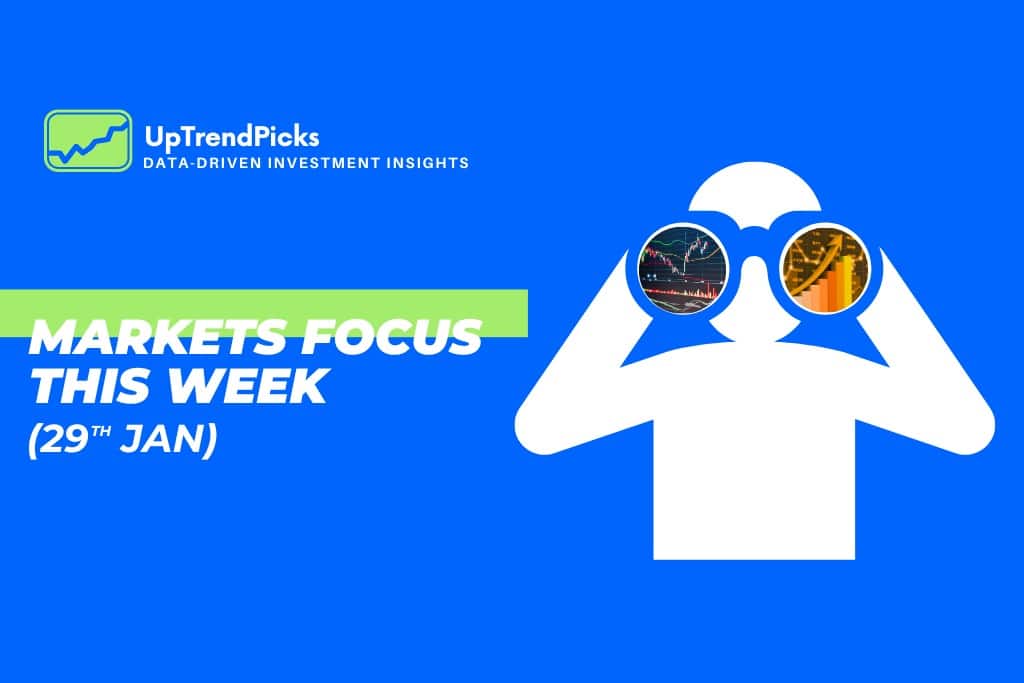RIDING THE HERD: BANDWAGON INVESTING

Introduction
Herd bias, a prevalent behavioral pattern in financial markets, reflects the tendency of investors to follow prevailing sentiments and mimic the actions of the majority rather than independently evaluating investment prospects. This mentality often undermines individual analysis, giving rise to market trends driven more by emotions and collective actions than rational assessments.
In the stock market, herd mentality often manifests when investors collectively react to market sentiment without independent analysis. A prime example is the dot-com bubble of the late 1990s and early 2000s. During this period, investors rushed into internet-based companies, fueling their stock prices to unprecedented levels despite many of these companies having little to no profits or tangible assets.
Psychological underpinnings of herd bias
Information Cascades
During periods of heightened market volatility, information cascades occur as investors rely on perceived market wisdom rather than evaluating information themselves. This cascade effect perpetuates prevailing sentiments, disregarding factual evidence and analysis.
An example of an information cascade occurred during the GameStop frenzy in early 2021. Retail investors on social media platforms rallied behind buying shares in GameStop, influenced by the collective fervor rather than the company’s fundamentals, causing a significant surge in the stock price.
Social proof
The fear of missing out (FOMO) or feeling excluded drives individuals to conform to perceived majority opinions. Social validation and the desire for acceptance compel investors to mirror the actions of the crowd, irrespective of independent analysis.
Tesla’s stock surge, partly driven by CEO Elon Musk’s tweets and widespread enthusiasm among retail investors, showcased social proof’s impact on market behavior, influencing investors to follow the trend.
Cognitive ease
Herd behavior provides a cognitive shortcut, reducing the mental effort required for complex market analysis. Instead of rigorous individual assessments, investors tend to opt for the perceived ease of following the crowd.
In times of market uncertainty, investors may resort to the ease of using popular stock-trading apps, often following crowd-predicted stock picks rather than conducting their own thorough research.
Impacts and Consequences
Short-term gains, long-term risks
While herd behavior may occasionally yield short-term gains, it carries substantial long-term risks. It amplifies valuation anomalies, potentially inflating bubbles and contributing to subsequent market crashes.
The housing bubble and subsequent financial crisis of 2008 exemplified herd behavior. Rampant speculation in the housing market, driven by the collective belief in ever-rising home prices, led to a bubble burst, causing widespread economic fallout.
Market trends and behavioral influence
Herd bias significantly influences market trends, deviating from rational assessments. Sentiments, rather than fundamental valuations, can dictate market movements, leading to price distortions and irrational trends.
Cryptocurrency markets often witness herd behavior. For instance, the rapid rise of various altcoins, driven by social media trends and influencers, demonstrates how sentiments can drive valuations without substantial underlying utility or value.
Mitigation strategies
Individual analysis and conviction
Resisting the allure of herd behavior, investors must base their decisions on thorough individual analysis and convictions rather than succumbing to collective sentiments.
Warren Buffett’s investment approach, often contrary to prevailing market sentiments, exemplifies the importance of individual conviction. His investment in Coca-Cola during a market downturn showcased his faith in the company’s fundamentals despite market pessimism.
Importance of rational assessment
Encouraging rational assessment, investors are urged to rely on factual evidence and data-driven analysis to mitigate the influence of herd behavior and its potential market distortions.
During market corrections, value investors like Benjamin Graham sought opportunities by analyzing stock prices relative to intrinsic value, demonstrating the importance of rational assessment over following market trends.
Long-term sustainability
For market stability and sustainable growth, it’s imperative for investors to prioritize independent thinking and comprehensive analysis over succumbing to the collective impulses of the market.
Investors like Jack Bogle, who pioneered index funds based on long-term investment principles, emphasized rational decision-making and passive investing over reacting to short-term market sentiments.
For more insights and analysis, visit UpTrendPicks.com


